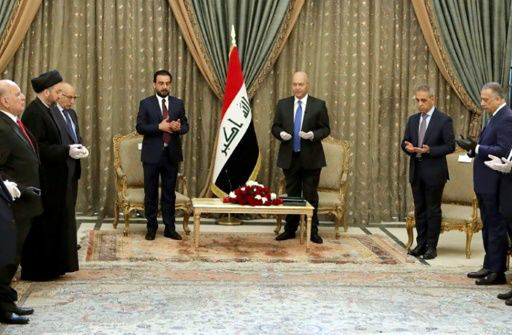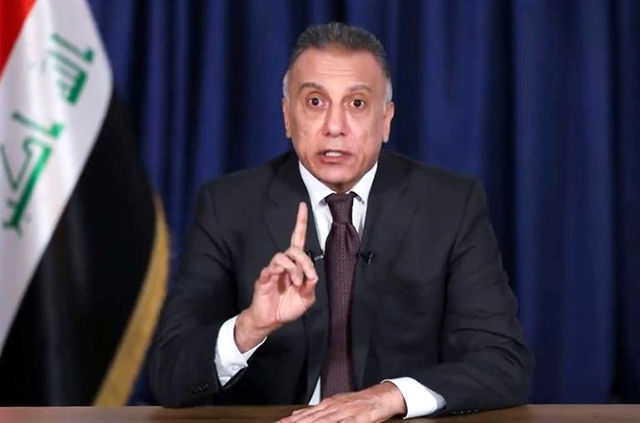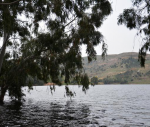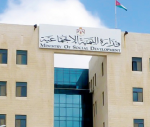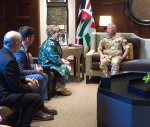You are here
Iraq president gives parliament 3 days to name new PM
By AFP - Jan 29,2020 - Last updated at Jan 29,2020
BAGHDAD — Iraq's president on Wednesday threatened to unilaterally name a successor to the country's premier, who resigned in December, if parliament did not nominate a candidate within three days.
"If the concerned blocs are unable to resolve the nomination issue by no later than Saturday, February 1... I see an obligation to exercise my constitutional powers by tasking whomever I find most acceptable to parliament and the people," Barham Saleh wrote in a letter seen by AFP.
Prime Minister Adel Abdel Mahdi resigned in December after two months of deadly protests against his government, but he has stayed on in a caretaker role, as deeply divided political parties have failed to agree on a replacement.
According to Iraq's constitution, parliament's largest bloc must nominate a prime minister within 15 days of legislative elections.
The candidate is then appointed by the president and tasked with forming a government within one month.
But Iraq is in uncharted waters, as the constitution makes no provisions for the prime minister's resignation and the 15-day period since Abdel Mahdi stepped down has long expired.
Any candidate would need stamps of approval from not only the fractured political class, but also the Shiite religious authority, neighbouring Iran, its rival the US and the anti-government civil campaign that has gripped Iraq since October.
In late December, Saleh formally declined to nominate the governor of the oil-rich province of Basra, Assaad Al Aidani, saying he would be too "controversial".
Iraq has grown increasingly unstable since then, with protest-related violence killing more than 480 people and tensions between the US and Iran prompting each to carry out air strikes on Iraqi soil.
Warning of even further deterioration, Saleh urged lawmakers to "resume constructive and serious political dialogue in order to agree on a new candidate for the premiership who has the people's approval".
"We believe that the biggest obstacle lies in reaching reasonable parameters to agree on a new candidate for prime minister. Continuing in this current situation is certainly impossible and risks making things more dangerous and complex," he wrote.
Protests erupted in Iraq's capital and Shiite-majority south in October in outrage at rampant corruption and unemployment, quickly escalating to calls for the government to resign.
The unprecedented grassroots movement has scored partial wins with the premier's resignation and the passing of a new electoral law, but the bill failed to address many of their demands and Abdel Mahdi remains caretaker premier.
Possible successors that have been floated include an adviser to the president, an intelligence chief, political operatives and former top officials, among others.
Many have been rejected outright by the street, with protesters hanging up their portraits overlaid with large X marks and insisting on a politically independent candidate.
A senior government official told AFP that parties had been unable to reach a consensus because of the absence of two key brokers — Iranian general Qassem Soleimani and Iraqi commander Abu Mahdi Al Muhandis.
Both were killed in a US drone strike near Baghdad's international airport on January 3 that bolstered Iraqi factions' calls for US troops to leave the country.
"Abu Mahdi and Soleimani both played a unifying role in times like this and no one has been able to fill that vacuum yet," the government official said.
Related Articles
BAGHDAD — Iraq's political factions were in high-stake talks Thursday to name a new prime minister, after the president set a February 1 dea
BAGHDAD — Iraqi President Barham Saleh nominated spy chief Mustafa Kadhemi on Thursday as the country's third prime minister-designate this
BAGHDAD — Iraq's former spy chief Mustafa Kadhemi took office as prime minister on Thursday facing a staggering economic crisis, a pandemic



